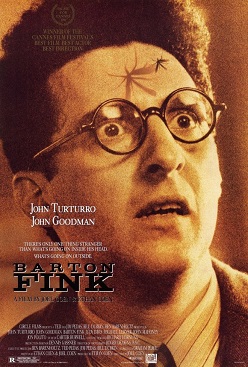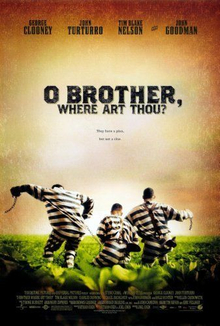 |
| Woody Allen and John Turturro in Fading Gigolo |
A lot about John Turturro's Fading Gigolo, from story to casting, doesn't work, but like other films he wrote and directed, it's so sweetly eccentric that I don't mind. The premise is this: When the bookstore he owns goes out of business, Murray (Woody Allen) persuades his friend Fioravante (Turturro) to go to work as a male prostitute, with Murray as his procurer. Of course, if you believe that a man in his mid-50s, as Turturro was when he made the film, is going to become a success as a gigolo, then you're well prepared to accept other improbabilities that the script throws at you. Like, for instance, that the idea was implanted in Murray's mind by his dermatologist, played by Sharon Stone, who mentions to him that she and her girlfriend (Sofia Vegara) would like to find a man for a three-way and would be willing to pay for it. And that Murray is living with a Black woman (Tonya Pinkins) with three small sons, and when one of them comes down with head lice, he takes the boy to a woman living in a Hasidic neighborhood in Brooklyn for treatment. She's Avigal (Vanessa Paradis), a widow who hasn't allowed a man to touch her since her husband died, though she's caught the attention of Dovi (Liev Schreiber), who works for a neighborhood watch group. And that Murray somehow persuades Avigal that Fioravante is a massage therapist, so when he touches her it releases all her pent-up emotions and they start to fall in love, which attracts the attention of Dovi who has Murray "arrested" by his group and taken before a rabbinic court. And ... you see where this is going. Or not. Although the credited screenwriter is Turturro alone, Fading Gigolo plays almost like a parody of an early Woody Allen film, so much so that it's hard to believe that he didn't have a hand in it. There's even a soundtrack of jazz standards that resembles those of Allen's movies. Turturro pulls off this oddity of a film by never letting it escape into the raunchy territories that the premise threatens to explore. The best reaction to it might be a puzzled smile.






